We are safe, caring and committed to your recovery
You CAN get your life back
Abuse of Prescription Drugs & Medication
What is Prescription Medication Abuse?
Prescription drug abuse is the use of any prescribed medication in a way not intended by the prescriber. Also called prescription drug misuse, this substance use disorder includes everything from taking a friend’s prescription painkiller for your backache to snorting or injecting ground-up pills to get high.
Prescription drug abuse often takes place in the form of prescription painkillers like hydrocodone and OxyContin® but may also include tranquilizers like benzodiazepines including Ativan®, Xanax®, and Valium®, and are often used in combination with noncontrolled medications. These medications can include baclofen, muscle relaxants like Soma® and methocarbamol and even anticonvulsant medications like gabapentin and Lyrica®.
Why Do People Abuse Prescription Drugs?
Prescription medication abuse is a complex issue with multiple causes. It often involves seeking comfort or escape from physical or emotional distress. Many people begin taking a drug as directed but then start to develop a physical or psychological addiction. Others may obtain prescriptions outside of the medical system to self-medicate their pain or mental health symptoms.
Prescription medication misuse can also arise from peer pressure or escapism. Unresolved trauma or stress are also contributing factors. People may mistakenly perceive some controlled medications as safe alternatives to other substances. However, many prescriptions are highly addictive.
What Are The Dangers of Prescription Drug Abuse
Despite the common misconception that medications are milder or safer than other types of drugs, prescription misuse carries serious risks. This includes addiction, serious health complications, overdose, mental health deterioration, social and relationship problems, and legal consequences.
Prescription medication abuse can also lead to changes in brain and physiological functioning. As a result, trying to stop misuse suddenly can result in intense cravings and withdrawal symptoms.
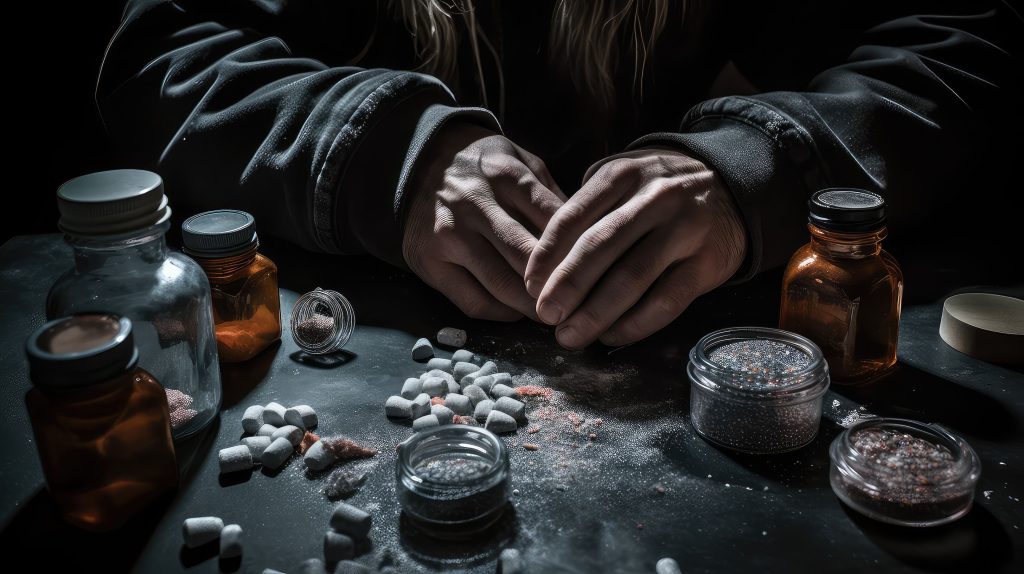
Common signs and symptoms of abusing prescription drugs
Prescription medication dependence shows up in behavioral, physical, cognitive (mental), or psychosocial symptoms that may include some or all of the following:
Behavioral Symptoms
- Withdrawal from friends and family members
- Unprovoked anger
- Association with a new peer group
- Dramatic change in appearance, including clothing, weight, and personal hygiene
- Lying about one’s whereabouts and engaging in other deceptive acts
- Unexplained absences from work
- Unexplained decline in performance at work
- Changes in financial status (suddenly having no money, asking to borrow or being suspected of stealing from friends, family members, or colleagues)
Physical Symptoms
- Impaired motor coordination
- Shallow breathing and slowed heart rate
- Itchiness
- Delayed reflexes or response times
- Apparent numbness to physical pain
- Unexplained rashes
Cognitive Symptoms
- Memory problems
- Lack of concentration or focus
- Excessive sleepiness
- Impaired problem-solving skills
- Poor spatial relations
- General confusion
- Obsession with acquiring and using drugs
- Inability to plan or follow through on plans
Psychosocial Symptoms
- Unpredictable mood swings, including a tendency to quickly become angry
- Panic and anxiety
- Episodes of depression
- Paranoia
Withdrawal Symptoms
Anytime an individual who has been abusing prescription medications for a prolonged time suddenly discontinues their use, withdrawal symptoms have the potential to occur. Some of the most common symptoms of prescription drug withdrawal may include:
- Cravings to use
- Nausea
- Cramping in the stomach
- Sweating
- Chills or goose bumps
- Vomiting
- Diarrhea
- Irritation or agitation
- Anxiety
- Muscle aches
- Shakes or trembling
- Insomnia
- Dilated pupils
- Bone pain
Getting Treatment For Abuse Of Prescription Medication & Drugs
Direct2Recovery uses clinically proven drug rehabilitation treatment methods that are carefully prescribed according to the patient’s individual needs. We will make a medical assessment based on your current health conditions and determine a course of treatment that will best address your dependency.
Thankfully, there is hope. We have over 10 years of experience that proves you can recover. Compassionate, comprehensive drug abuse treatment is available through Direct2Recovery. Call and make an appointment for your personal assessment today.
We accept most major insurances
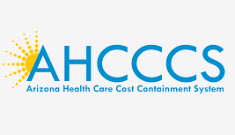
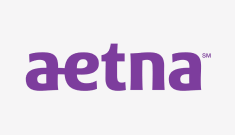
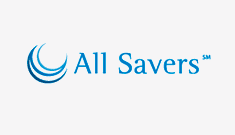
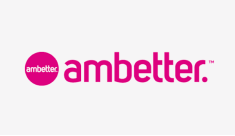
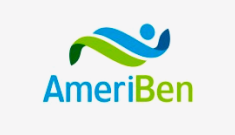
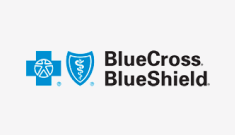
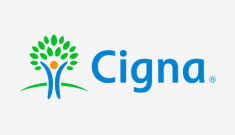
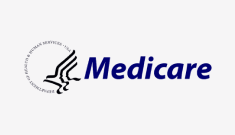
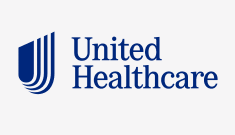
Frequently Asked Questions About Abusing Prescription Drugs & Medication
Opioids: Used for pain relief; examples include oxycodone, hydrocodone, and morphine.
Central Nervous System (CNS) Depressants: Used to treat anxiety and sleep disorders; common prescriptions include benzodiazepines like Valium and Xanax, as well as sleep medications like Ambien.
Stimulants: Prescribed for attention-deficit hyperactivity disorder (ADHD) and narcolepsy; stimulants include amphetamines like Adderall and methylphenidate like Ritalin.
Prescription medication abuse is more likely to happen when the drug has addictive qualities and is prescribed for medium to long-term periods.
Most addictive prescription medications are classified as controlled substances. This means that misuse of these drugs can lead to legal consequences such as arrest, criminal charges, fines, and potential jail or prison time. Severity varies based on the amount of the drug, intent (e.g., personal use vs. distribution), and jurisdiction.
The prevalence of prescription medication abuse is attributed to several factors. Firstly, prescription drugs are widely available, making them more accessible to people. Further, there are misconceptions about their safety. People may underestimate a prescription’s addictive properties because their doctors prescribed it. Other common factors include peer pressure or stress.
There is a fine line between intended use and abuse of prescription drugs. Misuse includes taking medication prescribed for someone else, taking higher or more frequent doses than prescribed, using the medication for non-medical reasons, such as getting high, or altering the medication route, like crushing pills to snort.
Prevention strategies include providing proper education on drug risks and use and securely storing and disposing of medications. Healthcare providers can also follow prescription guidelines to identify and monitor individuals at high risk of prescription medication abuse.
Prescription drug abuse can interfere with many aspects of a person’s personality or health. Signs of misuse include changes in mood or behavior, neglecting responsibilities, doctor shopping (visiting multiple doctors for the same condition), and unexplained financial problems. Physical signs like drowsiness, weight loss, or changes in sleeping patterns are also indicators of addiction.
While some prescription drugs are used to treat mental health disorders, abuse can exacerbate or trigger mental health issues. This includes an increased risk of depression, anxiety, and in some cases, psychosis. The effects vary depending on the type of drug and the individual’s health history.
